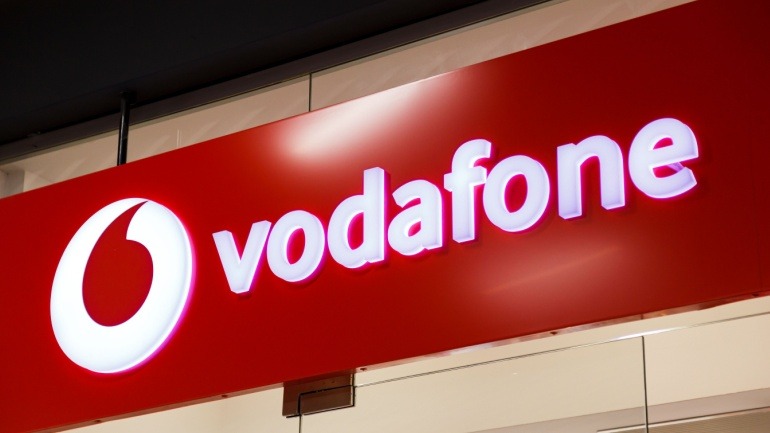The UK government has awarded £289 million in Project Gigabit contracts to Openreach, boosting rural broadband access for 131,000 remote homes and businesses. This investment supports fibre-to-the-home networks in underserved areas, enhancing digital opportunities and promoting equity.
Amazon is set to disrupt the UK’s satellite broadband market with Project Kuiper, aiming to rival Starlink’s dominance. By deploying over 3,200 satellites targeting underserved areas, Amazon seeks to revolutionize connectivity.
The EU is advancing its satellite broadband network, IRIS², to rival Starlink. With a €10.6 billion budget, the constellation of 300 satellites will deliver secure communications across Europe and Africa by 2030.
Quickline’s launch of a telecoms apprenticeship program is revolutionizing rural broadband through skills development. The initial cohort of apprentices enrich Quickline’s operations, gaining practical experience and enhancing gigabit broadband delivery in rural Yorkshire and Lincolnshire.
The UK’s Advertising Standards Authority (ASA) has clamped down on misleading broadband pricing ads by major telecoms like BT and Virgin Media, emphasizing the need for transparency in voip services. This initiative against “greedflation” compels providers to clearly present potential voip mid-contract price hikes.
Air Wireless has unveiled wireless DOCSIS technology, revolutionizing the delivery of wireless broadband services. This innovation allows cable TV providers to easily expand their data offerings. The new wireless DOCSIS solution competes with Fixed Wireless Access (FWA), posing a challenge to existing cable TV wireline broadband services and reshaping industry dynamics.
Vodafone has faced a major setback as the Advertising Standards Authority (ASA) ordered the discontinuation of three ads deemed misleading. These ads claimed Vodafone offers identical broadband to BT at a lower price, which BT disputed. The ASA upheld BT’s complaint, emphasizing that network performance varies due to different hardware and technology.
Ofcom has introduced new regulations mandating that internet service providers (ISPs) clearly state whether their broadband uses full-fibre, part-fibre, copper, or cable networks. This aims to eliminate confusion among consumers by providing transparent information on network technologies. By making informed comparisons, customers can better choose the right internet services.
The recent rollout of full-fibre broadband in South Wiltshire under Project Gigabit marks a significant advancement for rural connectivity. With Wessex Internet’s efforts in Stapleford, homes and businesses will experience speeds up to 10Gbps. This strategic move ensures hard-to-reach communities benefit from superior internet capabilities, fostering growth and opportunities.
Major UK business groups are urging telecoms regulator Ofcom to extend the automatic compensation scheme for broadband outages to encompass all businesses. This demand highlights frustrations over unreliable broadband services impacting productivity and economic growth. Existing compensation covers only domestic-grade services, leaving many businesses without recourse for connectivity issues.













